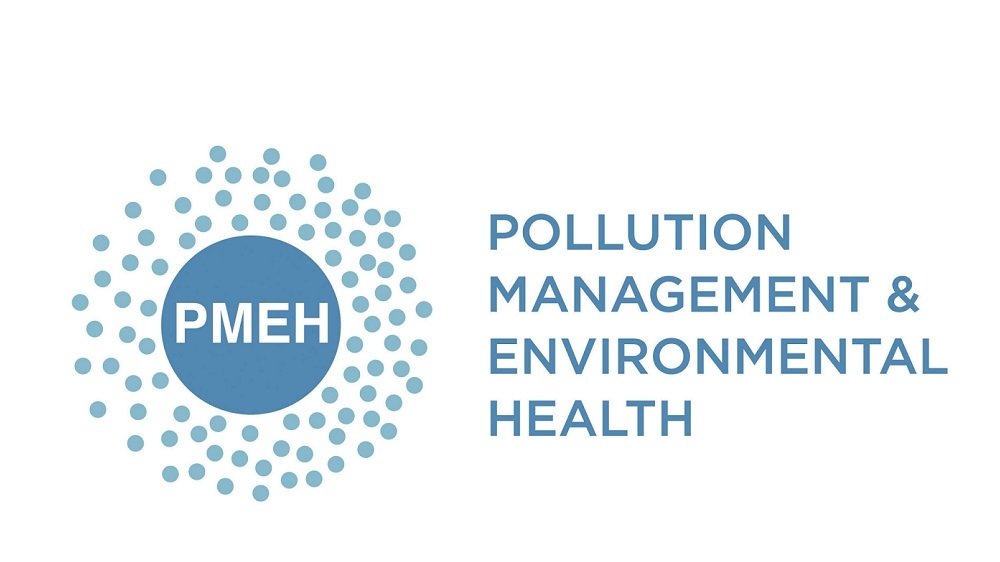Over the last several years, developing countries and stakeholders have expressed an urgent need for increased support on pollution management in order to respond to the magnitude of the threat to human health and economies. Pollution is sometimes invisible or silent, but it is often incredibly deadly. Responding to pollution is a challenge that is solvable in the near term to save lives and unlock economic opportunity through action at the local, national, regional and global levels.
The World Bank established a Pollution Management and Environmental Health (PMEH) program to respond to this demand from clients and stakeholders. The program was officially launched on Global Citizen 2015 Earth Day (April 18, 2015) in Washington, D.C.
The PMEH program, backed by a new multi-donor trust fund, builds upon the knowledge of World Bank experts as well as internal and external stakeholders and partners to achieve three objectives:
- Support client countries to significantly reduce air, land and water pollution levels through pollution management planning and investment to improve health
- Generate new knowledge on pollution and its health impacts in urban, rural and marine areas
- Promote awareness on this issue among policymakers, stakeholders and the public
The PMEH program will initially run from 2015 to 2020 and focus primarily on air quality management in countries facing rapid urbanization and strong needs for pollution abatement measures, but also tackle water and land pollution.
Background:
In 2012, an estimated 9 million people died from air, water and land pollutionrepresenting 13 percent of all premature deaths that year, according to the Global Alliance on Health and Pollution. Of these deaths, 3.7 million are attributed to ambient air pollution including car exhaust and dust, and 4.3 million from household pollution such as unclean indoor cook-stoves, with an overlap of 1 million people affected by both. In addition, roughly 200 million people are exposed to toxic land pollution, of whom 1 million are fatally impacted. Pollution of fresh water supplies kills roughly 0.9 million children under the age of 5 years but the death toll among adults is unknown.
While the challenge of pollution is a global one, the impacts are overwhelmingly felt in developing countries. About 95 percent of adults and children impacted by pollution-related illnesses live in low and middle-income countries. It is critical to address pollution because of the unequivocal impact to health and human capital, and substantial GDP losses associated with pollution.
Solutions to pollution offer no-regrets options to boost economic development (through for example, increased tourism, improved transport, better energy efficiency, and increased overall productivity), mitigate climate change (short-lived climate pollutants such as black carbon contribute equally to air quality and global warming) and address the vital demands of millions of people for healthier and more productive lives.
The World Bank is committed to providing support to countries most severely impacted by pollution. Between 2009 and 2014, World Bank commitments (IBRD/IDA) to pollution management and environmental health totaled approximately $5 billion, with results spanning air pollution reduction in Ulaanbaatar, Mongolia, disposing safely of persistent organic pollutants in five countries in Africa, to easing pollution in China’s rivers.
April 20, 2015 (The World Bank Group)




